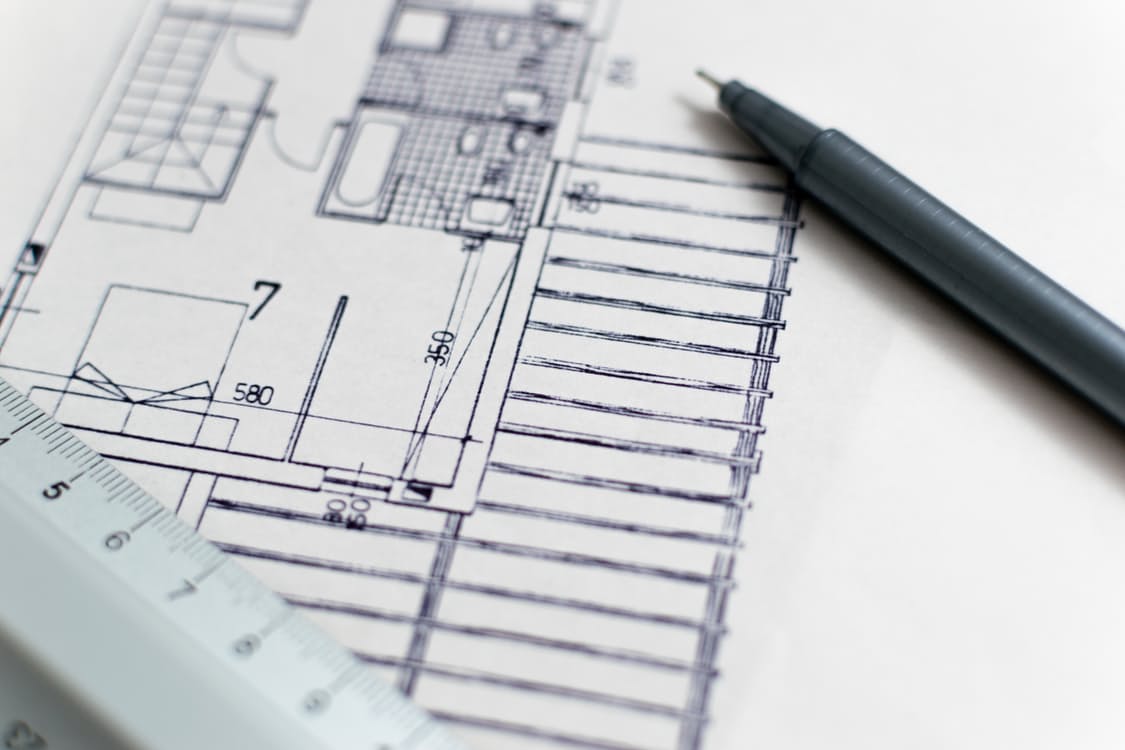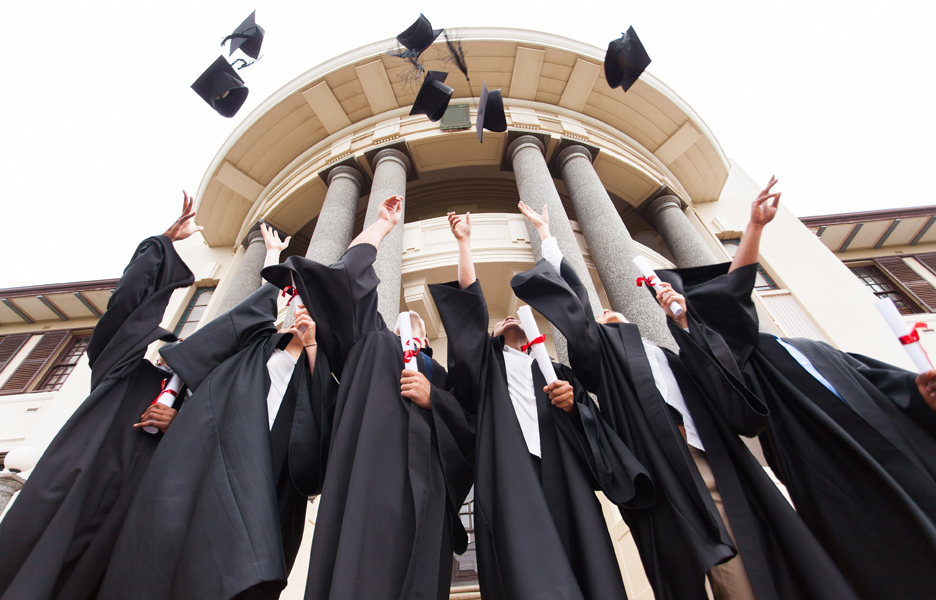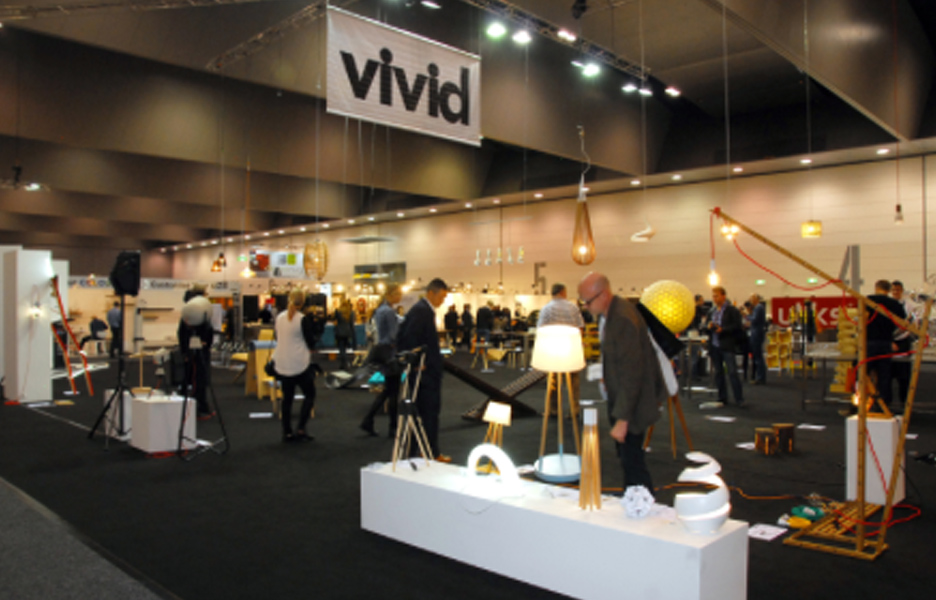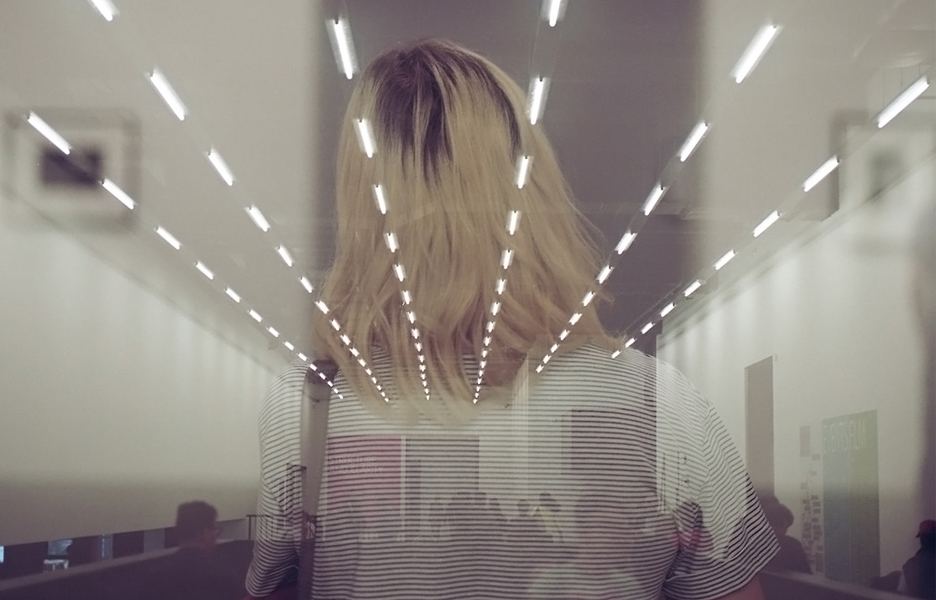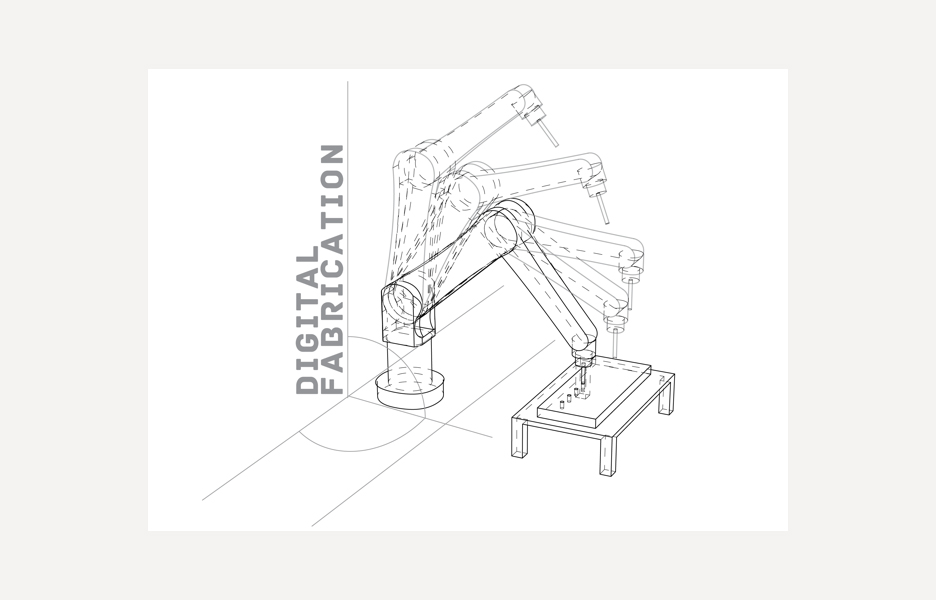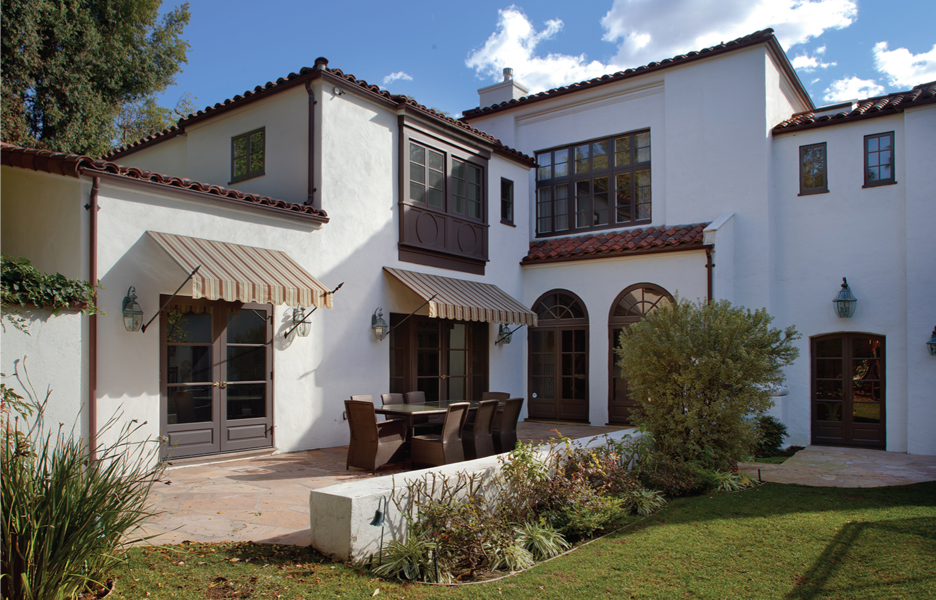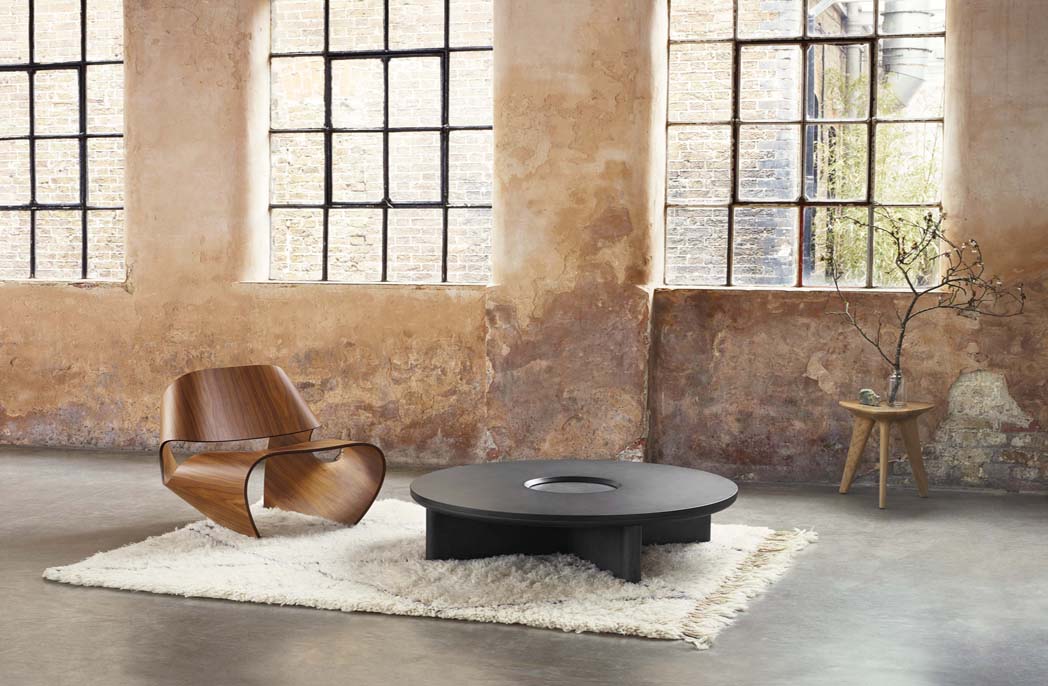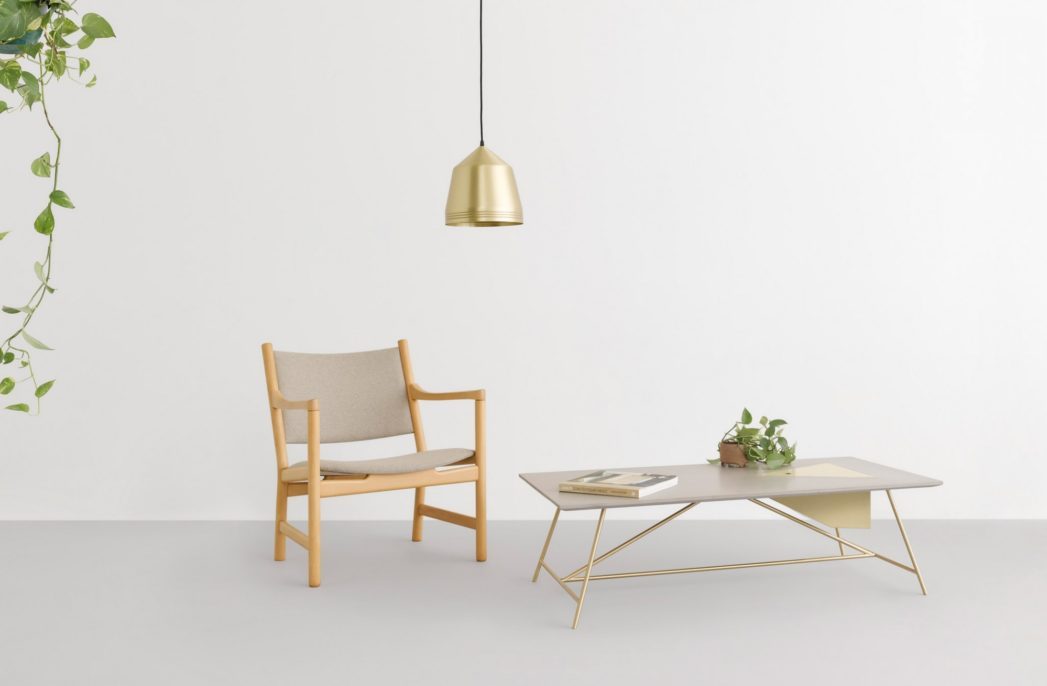
Doing more with less
Doing more with less
Share
Photography: Rekard Westman and Nicole England
All good causes need their champions, but they also need ones who can inspire change. One such crusader is Leyla Acaroglu, a social scientist and strategist with the uncanny ability to translate complex information about sustainability into palatable sound bites.
When she speaks, we listen. Named as one of Melbourne’s Top 100 People of Influence by The Age’s Melbourne magazine, Acaroglu has been invited to speak at a number of high profile innovation events including TED Talks, GRID and the National Gallery of Victoria’s Melbourne Now exhibition.
Weary of the cloud of cynicism hanging around the sustainability issue, Acaroglu offers a refreshingly down to earth take on the somewhat tired topic. “It’s not some bullshit boring thing where we say, ‘Hey! Let’s all give up energy and move to the mountain tops and wear hemp clothing and grow our own food.’ It’s about setting the parameters for influencing innovation. We have so many preconceived ideas about what it means to be ‘good’ or ‘bad’ towards the environment that we are often paralysed when trying to make choices or even worse – we make the wrong choice and think we are doing good.”
To curtail this collective anxiety, Acaroglu offers a variety of practical tools to help businesses gain a better understanding of the hidden environmental impacts of their products via Life Cycle Assessments (LCAs). An interactive eBook on life cycle design approaches – exploring the different design strategies and sustainability-based problem solving – complements her popular design play cards, which have been adopted across the education sector to teach whole-of-life design. Acaroglu has recently launched a breakthrough planning tool for change makers and not-for-profits working in sustainability, which will enable rapid idea generation for better campaign development.
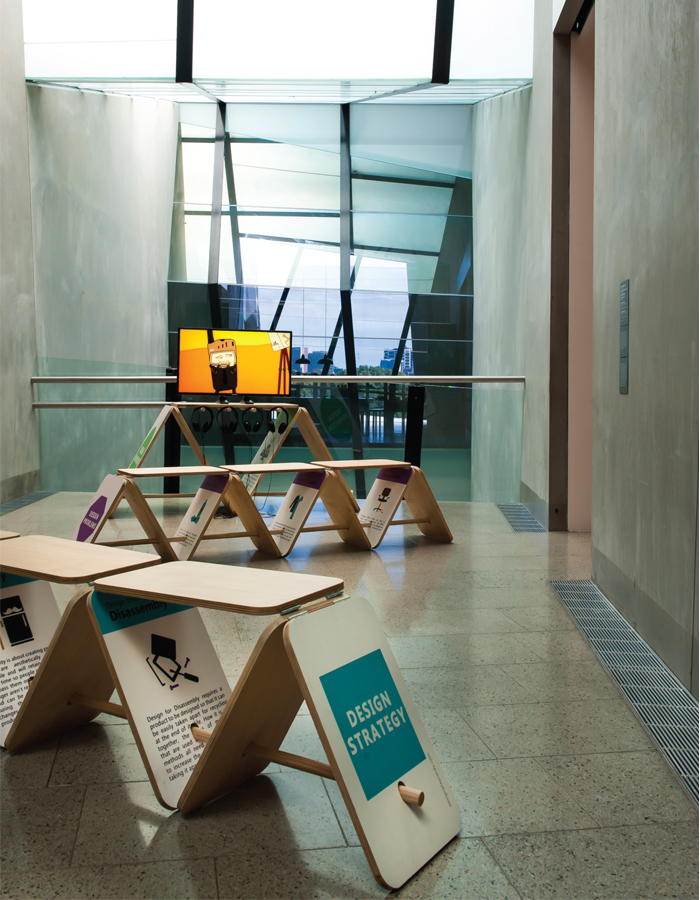
Leyla Acaroglu’s contribution to the Melbourne Now exhibition. Presentation National Gallery of Victoria, Ian Potter Centre – Melbourne Design Now the design component of Melbourne Now curated by Simone LeAmon with exhibition design by Carter LeAmon. Photography Nicole England
Much of Acaroglu’s consulting work is spent patiently debunking ‘environmental folklores’ or fallacies founded on misinformation. For example, the education project ‘The Secret Life of Things’ is aimed at young designers and engineers. This set of resources cuts through the hyperbole of sustainability by explaining the environmental impact of everyday products, such as the inherent design of a kettle or refrigerator, which Acaroglu says can affect our emotional cognitive response.
She argues that designers have the potential to influence not only the way in which products are created, but in how people interact with them. For instance, if a policy was put in place to ensure that mobile phones are recycled at the end of life, the benefits are only realized if the mobile phones can be cost-effectively disassembled. As such, the true benefits only come when the entire system is redeveloped and phones are sold as part of product system service, not as isolated and disposable items.
And what role do our governmental leaders have in the sustainability challenge? Acaroglu acknowledges there are some cases of really effective policies that have developed innovative market outcomes. Often, however, government policy interventions are only useful as setting standards for minimum levels of performance, and that in many cases, according to Acaroglu, they set a benchmark for under-performance.
Accordingly, we all have our part to do. We need to do more with less, rethink our value system and aim for a service-based economy, rather than a product-driven one. That is not to say we should not be making money. Rather, Acaroglu advocates we support the GDP in a fashion that is not product-driven; for instance, pay for fresh coffee beans, instead of buying a coffee roaster. She believes that there are abundant opportunities for those who embrace the share economy. Innovative companies such as Airbnb and GoGet are examples of this philosophical stance.
Acaroglu claims that everything we do has a good, bad or perverse impact on the world, no matter what our intentions are, as “the law of unintended consequences” suggests. She believes that social change and the normalisation of new more environmentally responsible social codes are critical components in effecting positive social and environmental outcomes. To this advocate, sustainability is not really a choice, but an issue of necessity and self-preservation. “We will evolve. We are not stagnant, there is always opportunity to change,” she concludes.
You Might also Like





